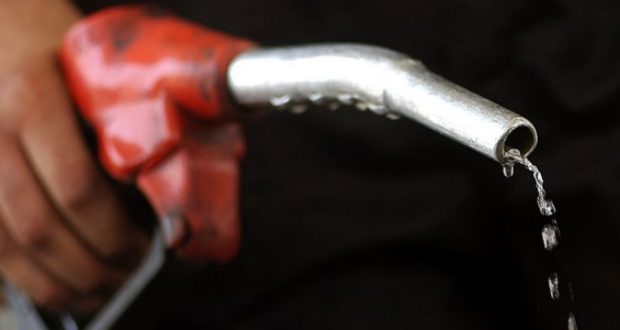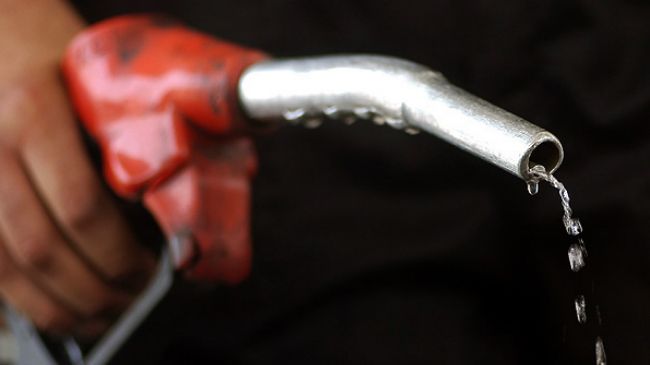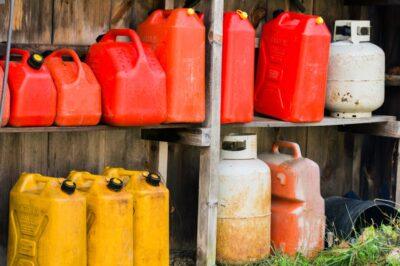Stockpiling supplies for an emergency is essential to survival. Unfortunately, not everything stores well, especially when it comes to months and years. Most foods do not store well, but we can compensate for this by how we preserve and package them. Other items are more difficult.
One of these items is gasoline. I believe we can all agree that having a good stockpile of gasoline will be extremely valuable in almost any survival scenario. The issue is figuring out how to store gasoline without it spoiling.
What Causes Gasoline to Degrade?
Gasoline is not a simple chemical compound like ethanol or citrus acid. It’s a blend of several different hydrocarbons, with four to twelve carbon atoms in a single atom. The fractional distillery that refines gasoline from petroleum also incorporates various additives designed to improve vehicle performance.
The majority of the chemicals in gasoline are extremely volatile. This does not, contrary to popular belief, imply that they burn easily, but rather that they evaporate easily. We burn the gasoline vapour, not the liquid gasoline.
The most volatile components of a gasoline mixture are usually the most reactive or flammable. As gasoline sits, the volatile components evaporate, leaving the less flammable components behind. While an internal combustion engine will continue to run and burn those parts, some efficiency will be lost.
The second problem with gasoline is that some of it oxidises, combining with oxygen in the air to form new compounds. These new compounds are not as reactive as the originals and, in fact, can cause engine problems. These new compounds congeal, forming particles of a gum-like substance capable of plugging injectors and fuel filters. Fortunately, these are visible and can be removed from gasoline. They also change the smell of the gasoline to a distinctively sour one.
Finally, water is the third culprit in the process of making gas go bad. Water condenses on the inside and outside of the container as the gasoline heats and cools. The gas’s reactivity is reduced as the water condensation mixes with it.
What About Ethanol?
In recent years, ethanol has been added to gasoline to help stretch supplies. Typically, the gasoline we buy contains 10% ethanol, also known as grain alcohol.
According to Chevron’s website, adding ethanol to gasoline has no discernible effect on its life expectancy. However, because ethanol is known to draw water from the air, gasoline augmented with ethanol would appear to absorb more water than pure gasoline.
With all of this, it appears that storing gasoline for an extended period of time is nearly impossible. Nonetheless, there are things that can be done to allow for the storage of gasoline for months or even years.
Proper Gasoline Storage Containers
To begin, gasoline must be stored in truly airtight containers, whether made of metal or plastic. Personally, I prefer metal containers because plastic containers can allow a small amount of oxygen to pass through. In general, the seals on plastic containers are made of plastic, and a mould line runs right through the sealing surface. Metal containers, on the other hand, lack a mould line and rely on rubber seals.
During World War II, five-gallon Jerry cans were used to transport gasoline to the South Pacific. The gas would retain its potency even after months of storage and shipping. I use a 55-gallon drum with a non-sparking brass valve that seals tightly. To ensure that there are no air leaks, the bung has been reinserted into the hole with Teflon tape.
Dependable Backup Power Direct From The Sun (No Gasoline Needed)
The more full the container, the less air there is to react with the gas. This reduces the likelihood of evaporation, oxidation, and water contamination. However, a gas can should not be completely filled because some space must be left for the gas to expand when it is hot.
It is safer to keep gas outside the house, possibly in a shed. However, it is better for the gas if it can be stored in a cool, dry place. The consistent temperature eliminates the expansion and contraction of the gasoline, allowing the container to be filled more completely. This also reduces the possibility of condensation by preventing the gas from becoming cold enough to cause it.
Extending The Life Of Your Gasoline
Gas additives, such as Sta-bil, can also help to extend the life of a tank of gas. They claim that by using no other additives or changes, they can extend the life of the gas by six months. Sta-bil works by replenishing chemicals that have evaporated from the gas and reducing oxidation.
Rotating your stock is another way to help you store gas for long periods of time. Use five or ten gallons of your existing stock every month and replace it with new gas. That way, you’ll always have fresh gas on hand.
Finally, when using old gas in an internal combustion engine, always filter it. This allows you to remove any oxidised solids that have formed in the gas. This one step can allow you to use gas that would otherwise be useless.
What advice would you add on storing gasoline? Share your tips in the section below:
Learn Dozens Of All-Natural Gardening Secrets. Read More Here.


